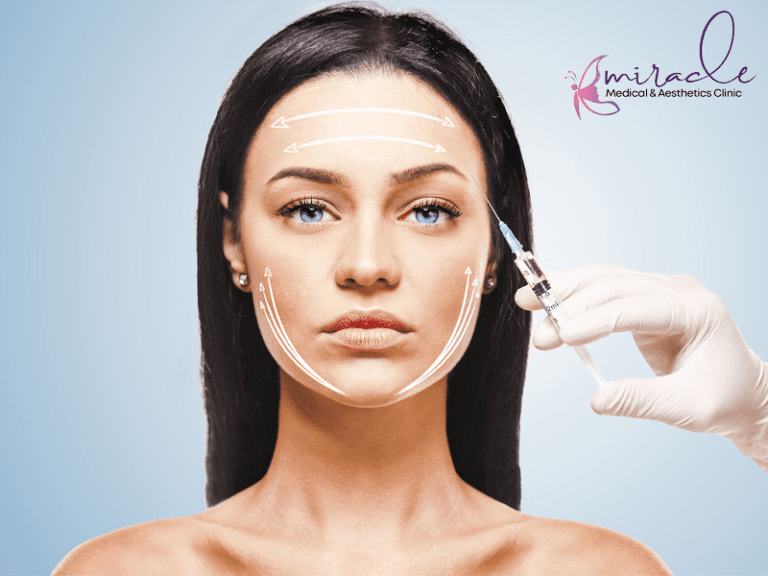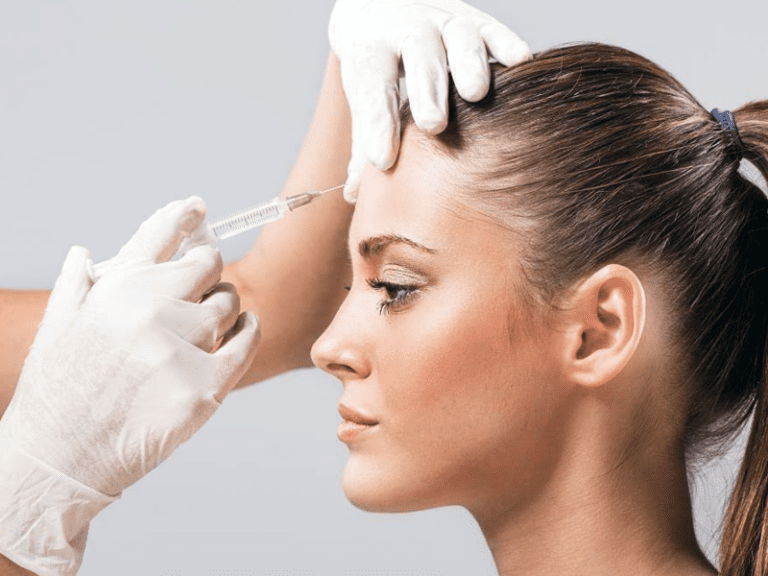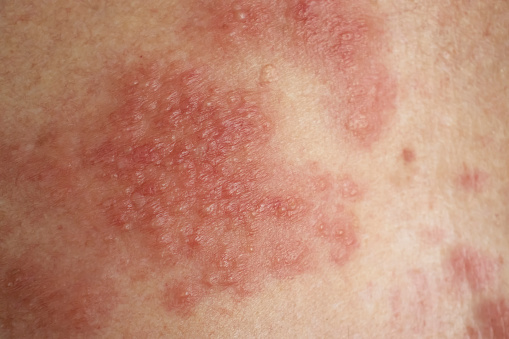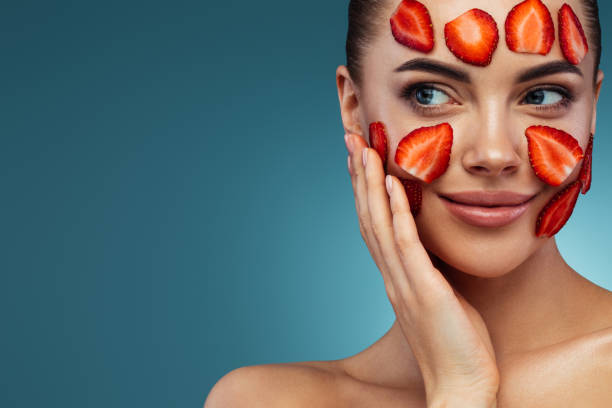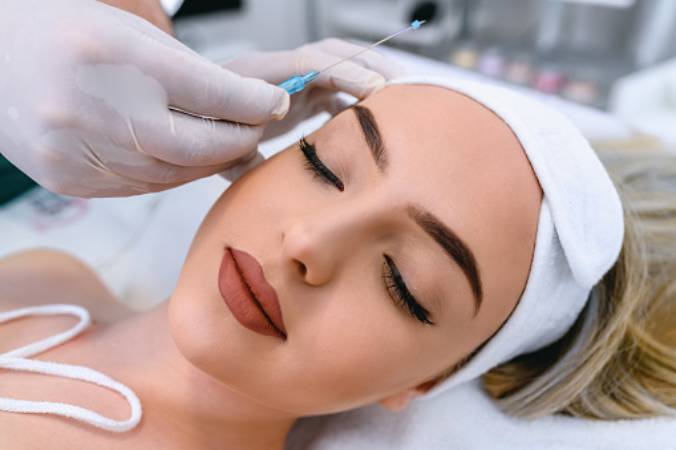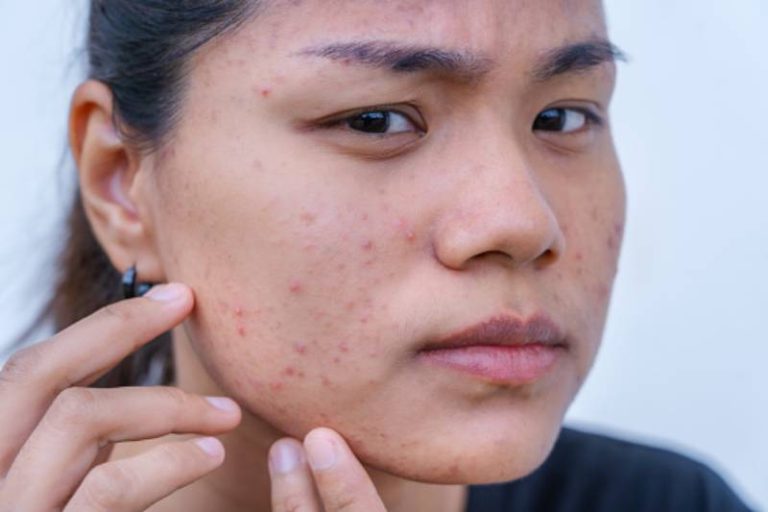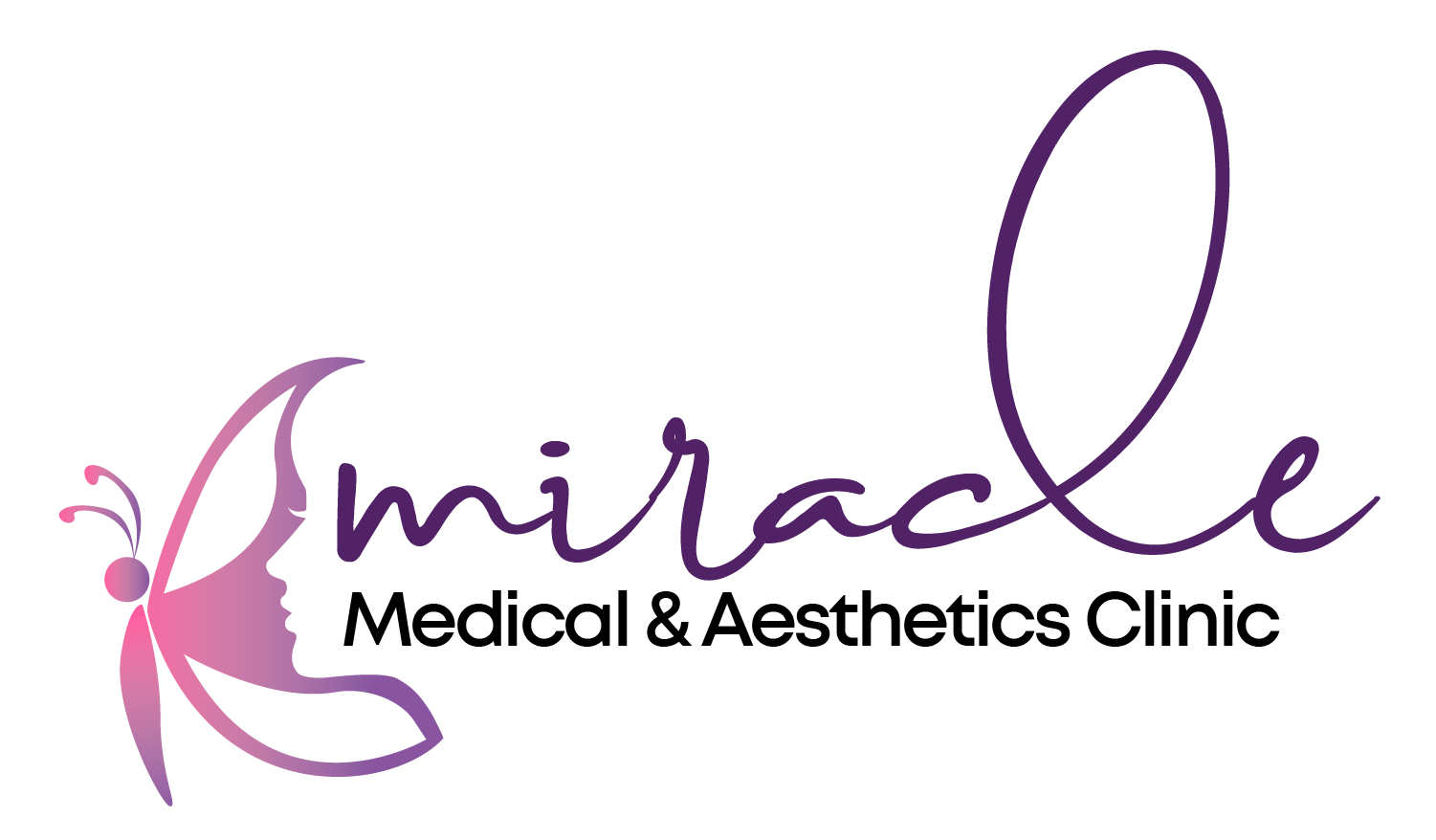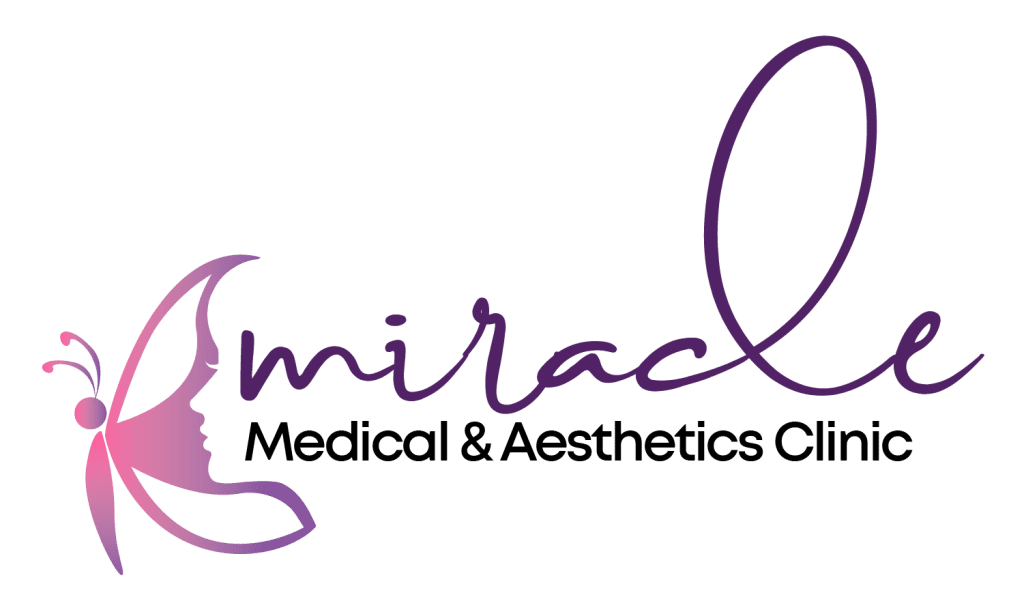The Best Acne Skincare Routine

Acne is a common skin condition that can be frustrating to deal with. Fortunately, a good skincare routine can help manage and prevent acne breakouts. Here is a simple, effective acne skincare routine:
- Cleanse: Use a gentle, non-comedogenic cleanser to remove dirt, oil, and makeup from your face. Look for a cleanser that contains salicylic acid or benzoyl peroxide, which can help unclog pores and reduce acne-causing bacteria.
- Tone: After cleansing, use a toner to help balance your skin’s pH levels and remove any leftover residue. Look for a toner that contains glycolic or lactic acid, which can help exfoliate and brighten your skin.
- Treat: Apply an acne treatment product to any areas of your face that are prone to breakouts. Look for a product that contains benzoyl peroxide or salicylic acid, which can help prevent and reduce acne.
- Moisturize: Use a lightweight, non-comedogenic moisturizer to help keep your skin hydrated without clogging your pores. Look for a moisturizer that contains ingredients like hyaluronic acid or ceramides, which can help soothe and protect your skin.
- Protect: During the day, apply a broad-spectrum sunscreen with an SPF of at least 30 to help protect your skin from sun damage. Look for a sunscreen that is oil-free and non-comedogenic to avoid clogging your pores.
Remember, consistency is key when it comes to an acne skincare routine. Stick to your routine every day, and be patient – it can take several weeks to see improvements in your skin. If your acne is severe or not improving, consider consulting a dermatologist for additional treatment options.
What foods cause acne?
While there is no direct link between food and acne, certain foods have been associated with triggering or exacerbating acne in some individuals. Here are some examples:
- High glycemic index (GI) foods: Foods that are high in refined carbohydrates and sugars, such as white bread, pasta, and sugary drinks, can cause a spike in blood sugar levels, leading to an increase in insulin production. This can cause an increase in sebum production, which can clog pores and lead to acne.
- Dairy products: Some studies have suggested that consuming dairy products, such as milk and cheese, may increase the risk of developing acne due to the hormones and growth factors found in milk.
- Processed and fried foods: Processed and fried foods are high in unhealthy fats and can cause inflammation in the body, which can trigger acne.
- Chocolate: While there is no clear evidence linking chocolate to acne, some studies have suggested that consuming high amounts of chocolate may worsen acne in some individuals.
- Spicy foods: Eating spicy foods can cause an increase in blood flow to the skin, which can cause redness and inflammation, potentially triggering acne.
It’s important to note that the relationship between diet and acne can vary from person to person. While some people may experience acne flare-ups after consuming certain foods, others may not be affected at all. Maintaining a balanced diet and avoiding excessive consumption of any particular food group is key to maintaining overall skin health.
What makes acne worse?
Acne is a common skin condition that can be exacerbated by several factors. Here are some things that can make acne worse:
- Hormones: Hormonal changes, such as those that occur during puberty, menstruation, pregnancy, and menopause, can cause an increase in sebum production, which can clog pores and lead to acne.
- Stress: Stress can cause an increase in the production of hormones like cortisol, which can lead to an increase in sebum production and inflammation in the body, making acne worse.
- Poor skincare: Not cleansing your face regularly or using harsh skincare products can lead to a buildup of oil and bacteria on the skin, clogging pores and causing acne.
- Medications: Certain medications, such as corticosteroids, hormonal contraceptives, and some antidepressants, can cause acne as a side effect.
- Diet: While there is no direct link between diet and acne, consuming a diet high in refined carbohydrates, sugars, and unhealthy fats can cause inflammation in the body, leading to acne.
- Picking or squeezing pimples: Picking or squeezing pimples can cause further inflammation and lead to scarring, making acne worse.
It’s important to remember that everyone’s skin is different, and what makes acne worse for one person may not affect another. Maintaining a consistent skincare routine and avoiding triggers can help manage and prevent acne breakouts. If your acne is severe or not improving, consider consulting a dermatologist for additional treatment options.

What not to do with acne?
When dealing with acne, there are several things that you should avoid doing to prevent further irritation and breakouts. Here are some things not to do with acne:
- Do not pick or squeeze your pimples: Picking or squeezing your pimples can cause further inflammation and lead to scarring, making acne worse.
- Do not use harsh or abrasive scrubs: Using harsh or abrasive scrubs can damage the skin and cause irritation, leading to further breakouts.
- Do not over-wash your face: Over-washing your face can strip the skin of its natural oils, leading to dryness and irritation, which can make acne worse.
- Do not use oily or heavy products: Using oily or heavy products can clog pores and lead to further breakouts. Look for non-comedogenic products that are specifically designed for acne-prone skin.
- Do not use hot water: Using hot water can strip the skin of its natural oils, leading to dryness and irritation, which can make acne worse. Use lukewarm water instead.
- Do not share personal items: Sharing personal items such as towels, makeup brushes, and hair products can spread bacteria and lead to further breakouts.
- Do not ignore your acne: Ignoring your acne can lead to further breakouts and potential scarring. It’s important to address acne as soon as possible and seek treatment if necessary.
Remember, everyone’s skin is different, and what works for one person may not work for another. It’s important to maintain a consistent skincare routine and avoid triggers to help manage and prevent acne breakouts. If your acne is severe or not improving, consider consulting a dermatologist for additional treatment options.
- Keywords: acne, Skincare
- miracleadmin
